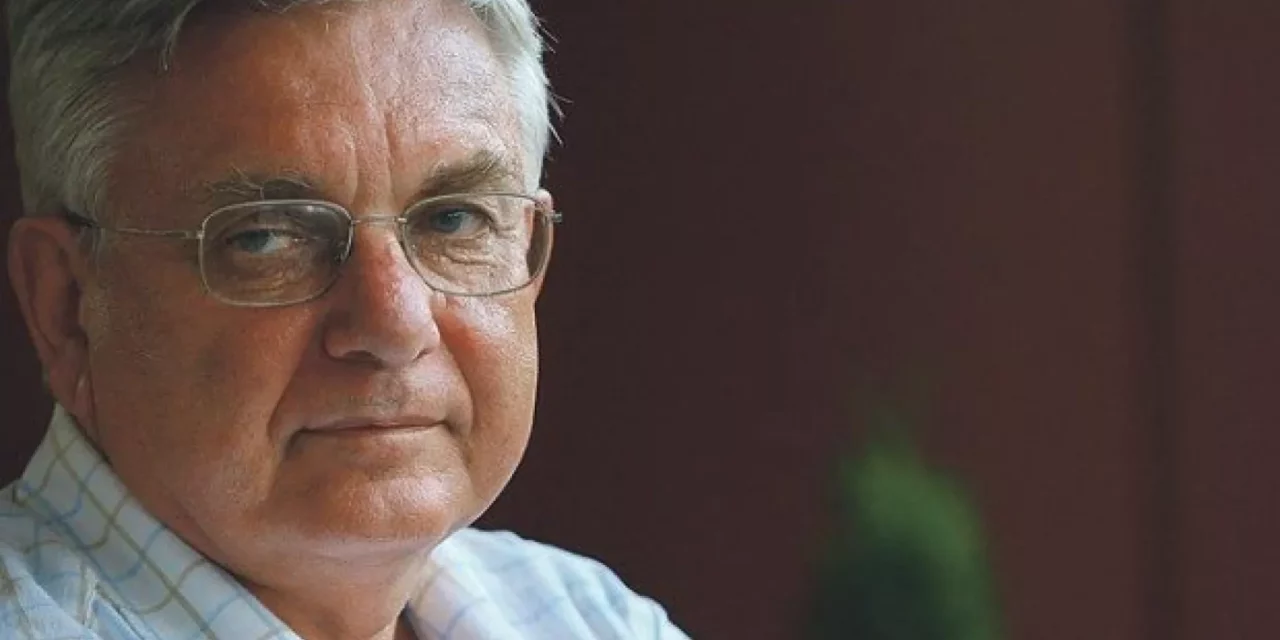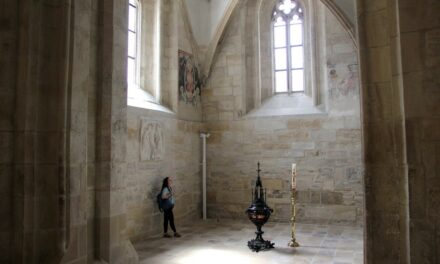Our best will remain among us, in us, not only with their life's work, but also with their sentences, which have stood the test of time throughout the Hungarian community. Miklós Duray (1945-2022), the most famous Hungarian of the Highlands for me and in me with the concept that encompasses everything: CARPÁT-HAZA - writes dr. Lajos Békefy on the felvidék.ma portal.
Not the Carpathian Basin, which appears in our consciousness as a geographical concept, but the homeland with its value-bearing, cultural and sacred, family history and landscape unity power, symbolizing thousands of folk and works of art.
Our history and faith, our battles and victories, which neither Mohács, nor Arad, nor Trianon, nor occupations could/can take away from us, because the Lord, the God of history, engraved them on the flesh of our hearts with letters of the Spirit. Miklós Duray captured and formulated this and left it to us forever: CARPÁT-HAZA.
count István Széchenyi was extremely close to each other despite the tragic fate of the Hungarian morning star and the most dedicated Hungarian from the highlands, against and above harassment and political persecution, as an unbreakable intellectual creator Miklós Duray's remained . That is why from time to time we will return to both of them, due to the similarities and in order to dispel the shadow of undeserved oblivion, but also to others, who are connected in the Carpathian homeland by the committed restlessness of responsibility for the homeland in the full sense.
In our three-minute segment, Széchenyi now speaks up for Hungarian sanity: "Reason should rule in politics and not emotion, reason and not the common hair, the common squeamishness of the heart." From the political thinking of the "democratic" count, two practical adaptations follow:
1. in Hungarian politics, it is necessary to avoid raising problems that can only inflame passions and give a particular popular political course an opportunity to exaggerate.
2. If the discussion of such a problem is unavoidable, then one must try with all one's strength to highlight them from the circle of passions and subject them to the examination and aspects of common sense.
Széchenyi himself gave the example that we should not become the pits of quarrels and arguments, but the responsible formulators and exemplar implementers of actions. Deed and sacrifice go together with him: " You have to work and work daily and without ceasing. There is value in the word, it cannot be denied, but the deed, an action aimed at a goal out of hundreds of thousands, can make our nation stand out".
Again, he just puts the mirror of individual self-knowledge next to the mirror of national self-knowledge, or rather the same one, sometimes with this goal, sometimes with that goal.
That's why he put it this way: "And we live like dogs and cats and with our petty hatred, and in the midst of our quarrels we forget that we serve the common good, even though our honor and benefit lie in its flourishing." He sums up his experiences and gentle admonitions as a "hussar's sentence", Hungarian truth:
„Even if we don't agree, we will still all be Hungarians, which we should never forget".
Source of quotes: Miklós Surányi: We are alone I-II.
Author: dr. Lajos Békefy/Felvidék.ma
(Cover image source: ma7.sk)













